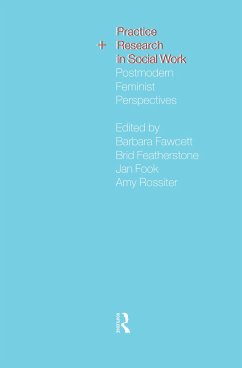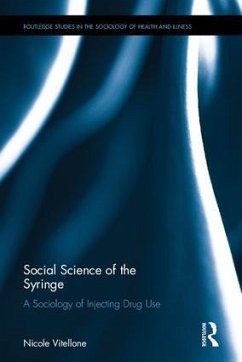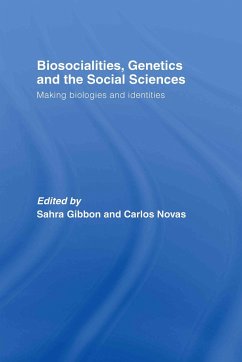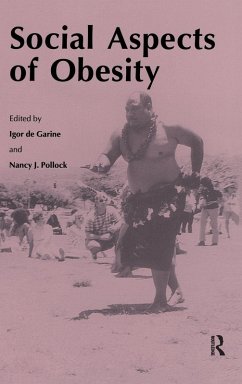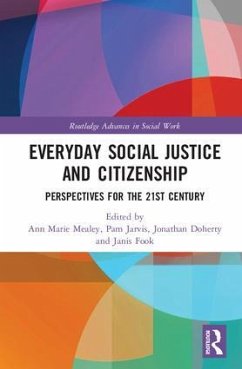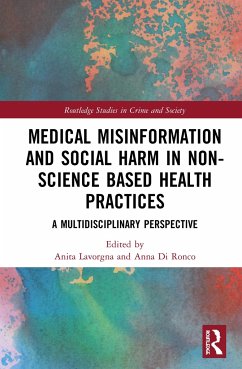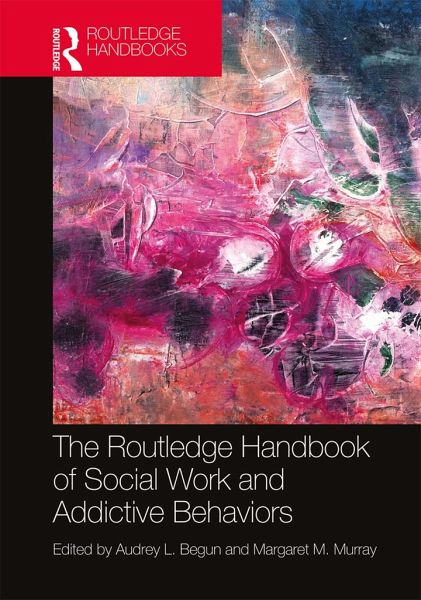
The Routledge Handbook of Social Work and Addictive Behaviors
Versandkostenfrei!
Versandfertig in 1-2 Wochen
263,99 €
inkl. MwSt.

PAYBACK Punkte
132 °P sammeln!
The Routledge Handbook of Social Work and Addictive Behaviors is a definitive resource about addictive behaviors, emphasizing substance misuse, gambling, and problematic technology use. Contents address their prevalence in various communities and populations globally, theories related to their origins and etiology, and what is currently known about effective intervention strategies, education, and research. Social work's biopsychosocial, lifespan, and person-in-environment perspectives underpin the book contents which are applicable to a wide range of professional and social science discipline...
The Routledge Handbook of Social Work and Addictive Behaviors is a definitive resource about addictive behaviors, emphasizing substance misuse, gambling, and problematic technology use. Contents address their prevalence in various communities and populations globally, theories related to their origins and etiology, and what is currently known about effective intervention strategies, education, and research. Social work's biopsychosocial, lifespan, and person-in-environment perspectives underpin the book contents which are applicable to a wide range of professional and social science disciplines. Contents are divided into five sections: The scope and nature of addictive behavior and related problems Addictive behavior across the lifespan and specific populations Interventions to prevent and address addictive behavior and related problems Issues frequently co-occurring with addictive behavior Moving forward This handbook provides students, practitioners, and scholars with a strong focus on cutting-edge high-quality research. With contributions from a global interdisciplinary team of leading scholars, this handbook is relevant to readers from social work, public health, psychology, education, sociology, criminal justice, medicine, nursing, human services, and health professions.





